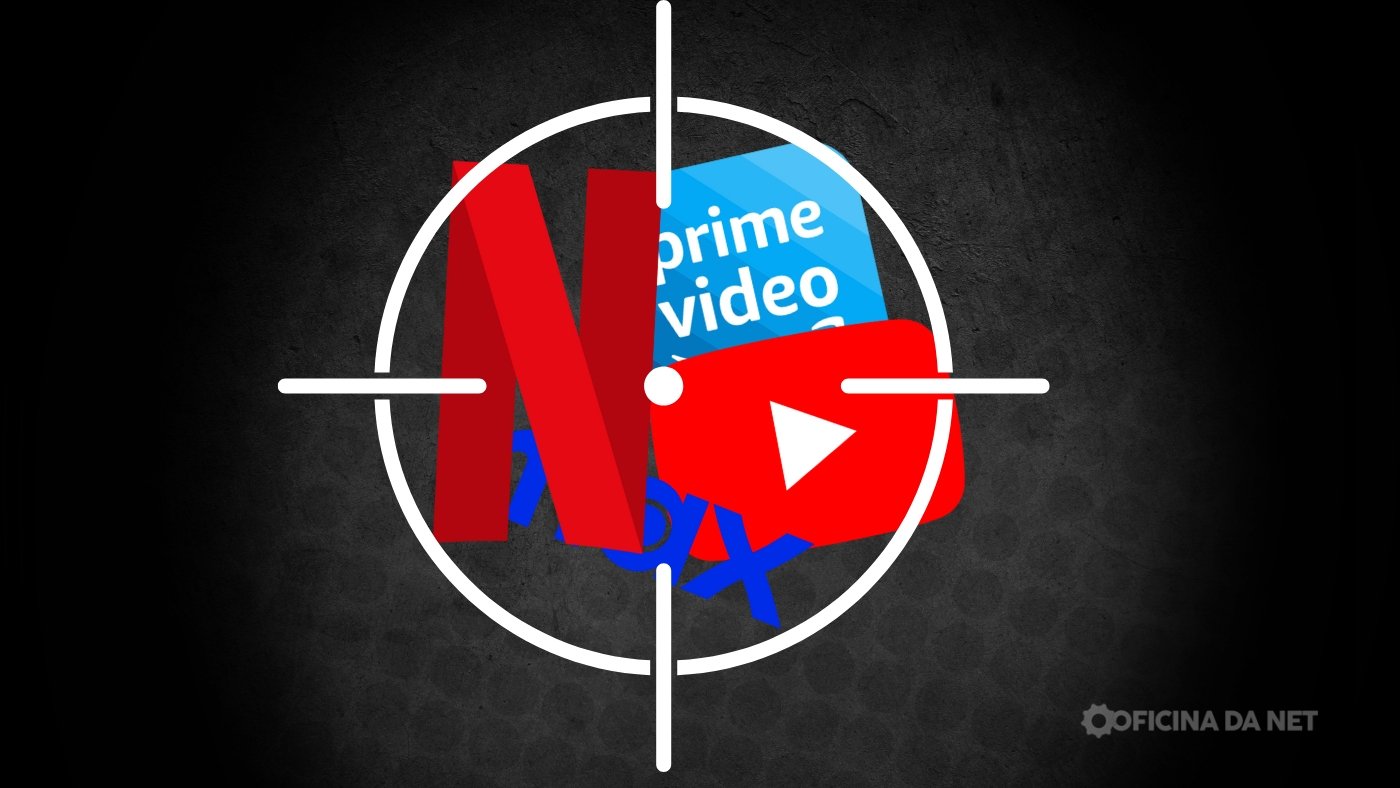A fresh proposal is currently being evaluated in the Chamber of Deputies, which has the potential to introduce notable alterations to on-demand video services like Netflix and YouTube’s movie store in Brazil. The bill, known as Law 2331/22, seeks to oversee these services and implement the Contribution to the Development of the National Cinematic Industry (Condecine) as a means to support the local film sector.
The camera examines a product listing designed to evaluate YouTube and Netflix.
The proposal by Senator Nelsinho Trad (PSD-MS) amends the Provisional Measure 2228/01 and the Pay TV Act to regulate video-on-demand services in accordance with principles of artistic, intellectual, scientific, and communication freedom, as well as cultural diversity and support for Brazilian audiovisual content.
The project also places various responsibilities on streaming services.
- To ensure a consistent presence of Brazilian audiovisual content in the catalog, a minimum amount will be based on the catalog size (e.g., for a catalog with two thousand products, at least 100 must be Brazilian).
- To provide Ancine with documentation regarding the invoicing and cataloging of Brazilian audiovisual material.
- TV equipment makers must refrain from engaging in anticompetitive behavior when it comes to providing content on their platforms.
- VoD service providers that fail to meet their obligations will receive warnings and fines, which will be determined by Ancine on a daily basis.
How will the calculation be carried out?
The bill specifies that Condecine will be levied yearly with increasing rates depending on company revenue. The regulations are outlined as follows:
- Companies invoicing over R$ 96 million will be charged a fee of 3%.
- Companies with invoicing ranging from R$ 4.8 million to R$ 96 million will be charged a 1.5% fee.
- Services with billing under R $ 4.8 million will be exempt from the tax payment.
The tax will be halved if half of the service catalogue content is domestic. Companies need to separate revenues from streaming services from other services like advertising and sports to determine the tax. Educational journalism and audiovisual content are exempt from Condecine.
What comes next?
The project will undergo thorough analysis by various committees, and if there are any modifications, it will go back to the Senate for further voting; otherwise, it will proceed to receive presidential approval.


